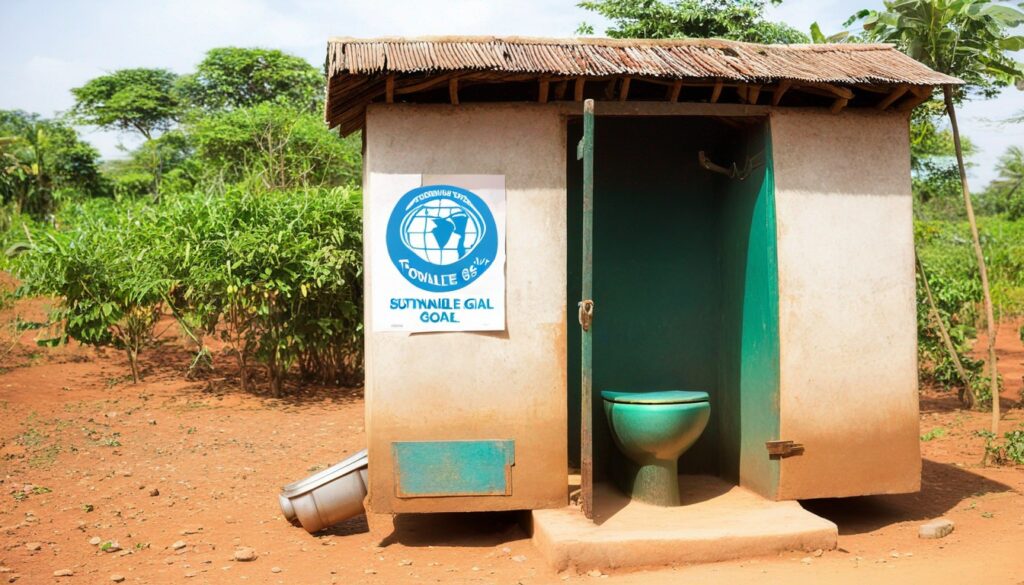Pneumonia Outbreak: In a worrying development, China faces a surge in pediatric respiratory illnesses, leading to school closures in the northern region. The National Health Commission spokesperson Mi Feng attributed the rise to various pathogens, including influenza. This concerning situation gained international attention after the World Health Organization sought further details from China regarding the outbreak.
Reacting to this, India’s Centre urged states and Union Territories to assess hospital readiness, keeping a close watch on China’s escalating pediatric respiratory cases. The Health Ministry advised a review of resources such as hospital beds, influenza drugs, medical oxygen, and protective equipment.
In Tamil Nadu, Health Minister Ma. Subramanian highlighted a careful investigation into children’s fevers, emphasizing a proactive approach during the rainy season. Fever camps, scheduled weekly for the next five weeks, aim to monitor outbreaks.
Dr. Selvavinayagam, Director of Tamil Nadu Public Health, reassured that no significant cases had surfaced in the state yet, emphasizing established surveillance and adaptable infrastructure. Similarly, Gujarat’s Health Minister Rushikesh Patel affirmed readiness for potential emergencies, citing reevaluation of oxygen availability and bed provisions from the COVID-19 era.
Karnataka’s Health Minister Dinesh Gundu Rao echoed preparedness sentiments, ensuring hospitals are geared for any emergency while awaiting further directives from the Government of India. Rajasthan’s Health Department urged heightened vigilance, instructing rapid response team formation and action plans to tackle the rising respiratory disease instances.
In Uttarakhand, an alert was sounded, focusing on increased surveillance and adequate preparations in districts bordering China, emphasizing staff availability and medical stock across hospitals. The global concern surrounding China’s pediatric respiratory outbreak has triggered proactive measures across Indian states, ensuring preparedness and vigilance against potential health crises.
 source: thehealthcaredaily
source: thehealthcaredaily
Table of Contents
Toggle
- What is Pneumonia?
- Symptoms of Pneumonia
- Causes of Pneumonia
- Is Pneumonia a Serious Problem?
- Treatment of Pneumonia
What is Pneumonia?
Pneumonia is a respiratory condition highlighted by inflammation in the lungs, often caused by bacteria, viruses, or fungi. It comes with symptoms like cough, difficulty breathing, chest pain, and fever. The infection causes the lung’s air sacs to fill with fluid or pus, hindering oxygen absorption and leading to severe respiratory distress. Pneumonia varies in severity, from mild cases treatable at home to severe cases requiring hospitalization, especially among the elderly, infants, and those with weakened immune systems. Timely medical intervention with antibiotics or antiviral medications is crucial for managing pneumonia and preventing potential complications.
Symptoms of Pneumonia
Pneumonia comes up with many symptoms, often starting as a cold or flu but escalating rapidly. Common signs include cough, chest pain when breathing or coughing, rapid breathing, fever, chills, and fatigue. Patients may experience shortness of breath, sometimes accompanied by a bluish tinge to the lips or nails due to a lack of oxygen. Pneumonia can lead to nausea, vomiting, and confusion, especially in older adults. While symptoms might differ based on the cause and individual health, prompt medical attention is crucial upon experiencing these signs to prevent complications.
Causes of Pneumonia
Pneumonia is a severe respiratory condition that happens for various reasons, bacterial, viral, and fungal infections. Bacteria like Streptococcus pneumoniae and Haemophilus influenzae, and viruses including influenza, respiratory syncytial virus (RSV), and SARS-CoV-2 (the virus responsible for COVID-19), are common culprits. Inhaling or aspirating harmful substances, chemicals, or liquids can trigger a type of pneumonia termed aspiration pneumonia. Other factors, such as weakened immune systems due to chronic illness or ageing also contribute to susceptibility. Environmental factors like air pollution and smoking increase the risk. Understanding these diverse origins supports in developing of prevention and treatment strategies against this widespread respiratory issue.
Is Pneumonia a Serious Problem?
Pneumonia poses a serious health concern, especially due to its potential to escalate swiftly and affect vulnerable populations. It’s a respiratory infection causing inflammation in the air sacs of the lungs, leading to symptoms like cough, fever, and difficulty breathing. While treatable with antibiotics and supportive care, severe cases can be life-threatening, particularly in the elderly, young children, and individuals with weakened immune systems. Its capacity to spread rapidly in communities, coupled with the emergence of drug-resistant strains, underscores the gravity of pneumonia as a significant health issue demanding continuous attention, preventive measures, and timely medical intervention.
Treatment of Pneumonia
Pneumonia treatment varies based on its cause, ranging from antibiotics for bacterial pneumonia to antiviral medications for viral cases. Supportive care, including rest, hydration, and fever management, aids recovery. Vaccinations against common pneumonia-causing agents, like Streptococcus pneumoniae and influenza, help prevent infection. In severe cases requiring hospitalization, oxygen therapy or mechanical ventilation may be necessary. Developing personalized treatments and enhancing antibiotic stewardship are ongoing goals in combating pneumonia. Early diagnosis, prompt treatment, and preventive measures through vaccines remain important in managing this respiratory condition.





